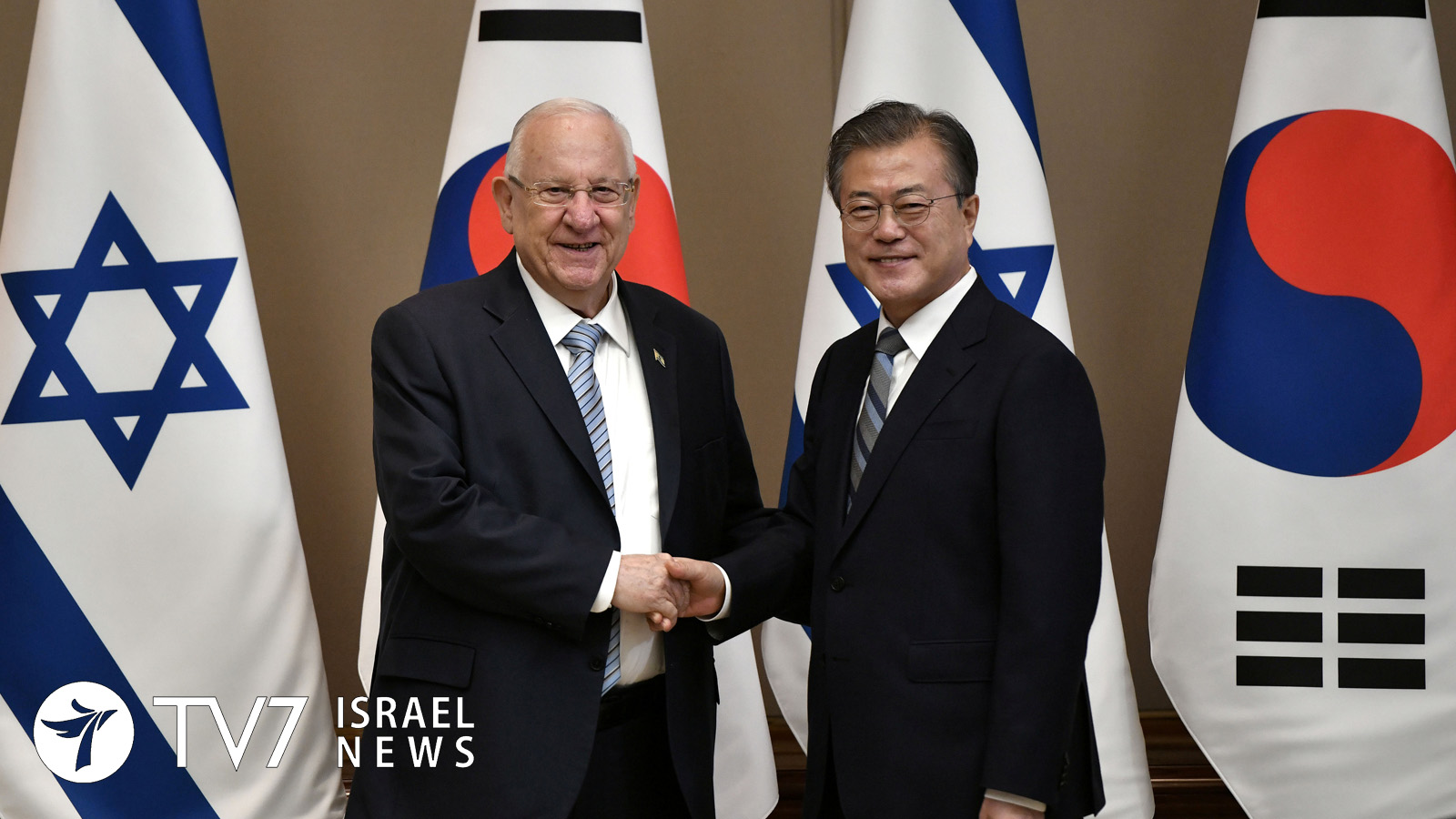Israeli Prime Minister Benjamin Netanyahu, together with South Korean Trade Minister Yoo Myung-Hee, announced that the two countries concluded three years of negotiations on a free trade agreement, aimed at significantly bolstering bilateral trade.
The Israeli Prime Minister said: “Israel is a vibrant, advanced economy and I think our partnership will do tremendous good for both our economies. I’m sure it will multiply our trade which is already standing at $2.5 billion. It will grow a lot. And secondly, I think that this will also offer for Israeli consumers decreased prices, removal of customs, for example from Korean cars. Everybody drives Korean cars. And I think it’s also the ability to have the technological exchanges that will give us great advantage for the future. I want to say how delighted we are, the people of Israel are delighted with this increased cooperation between our two countries.”
Visiting South Korean Trade Minister replied: “Thank you, first of all your excellency for your warm hospitality extended to me and also my delegation and as you mentioned this is a very significant and historic agreement. Both countries, South Korea and Israel, we have a lot of similarities and also we have complimentary economic structure. So based on this FTA I’m sure that it will further promote our trade and investment as well as further promote our technology cooperation.”
As mentioned by the Prime Minister, Bilateral trade between Jerusalem and Seoul rose more than 15% in 2018 to 2.5 billion dollars, which is equal to about 2.25 billion euros, and the deal – which still requires? parliamentary ratification – is expected to boost it even further. According to Israel’s Economy Ministry, under the new deal, more than 95% of Israeli exports will be exempt from customs duties while importers and consumers will save some 100 million shekels a year, which is equal to some 28.4 million dollars or 25.5 million euros. Furthermore, customs duties will be eliminated on imports from South Korea, the world’s 11th largest economy, including cars and auto parts, toys, appliances and electronic components. It is interesting to note that nearly half of Israeli exports to South Korea are machinery, electrical and medical equipment. They also include fertilizers, cosmetics and juices.
